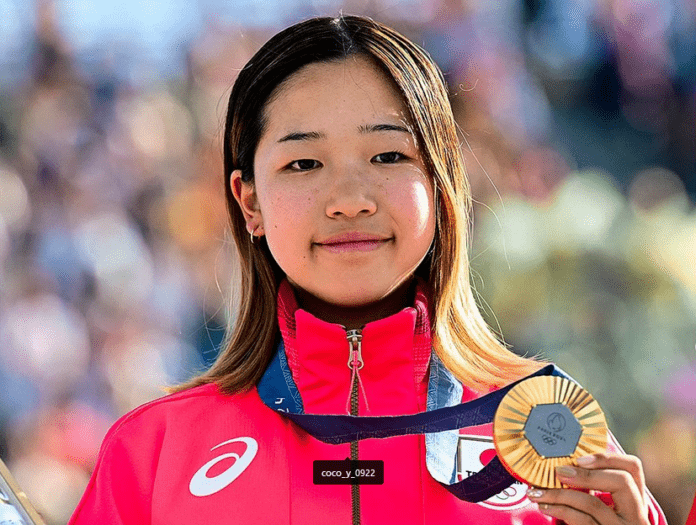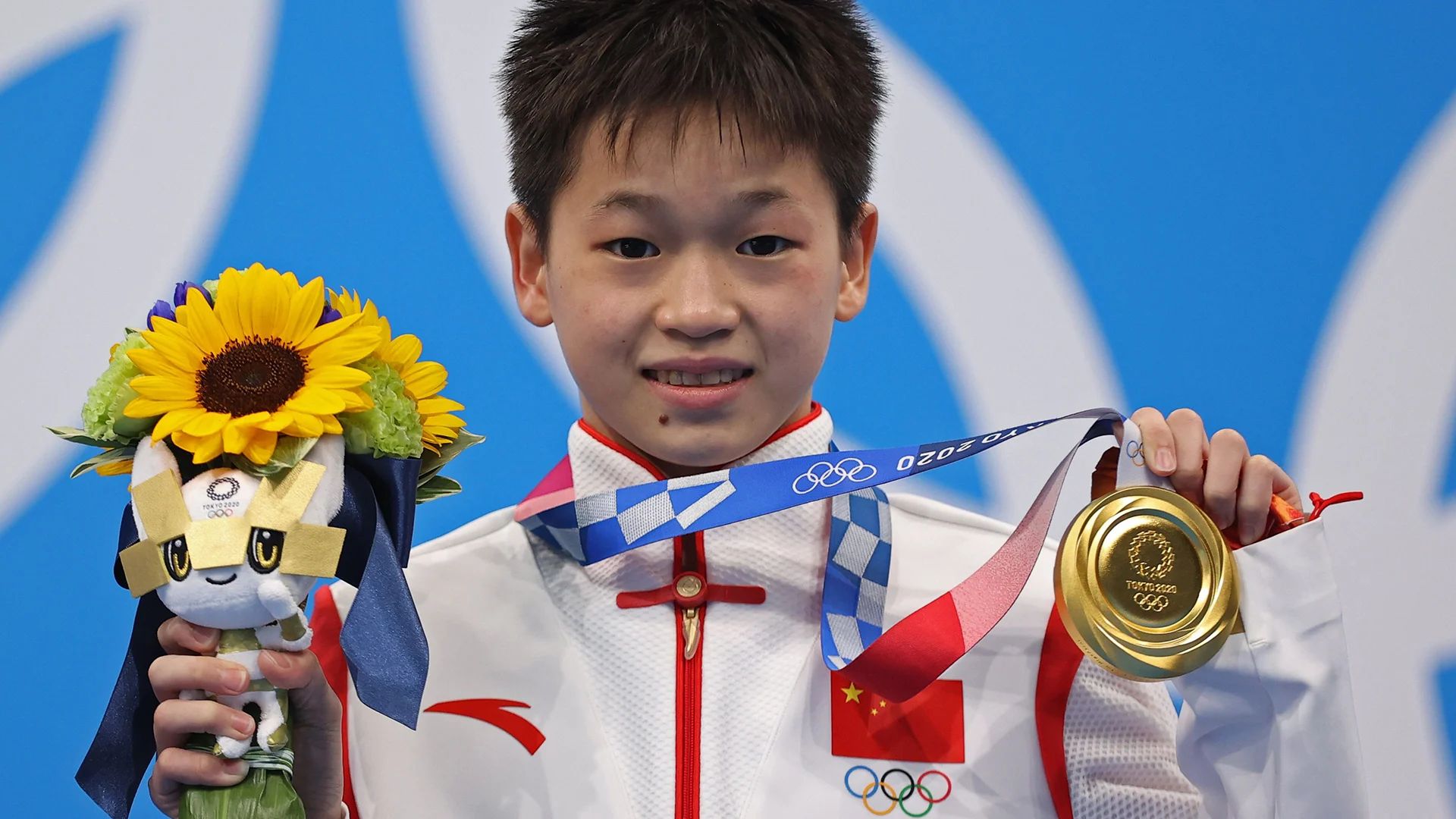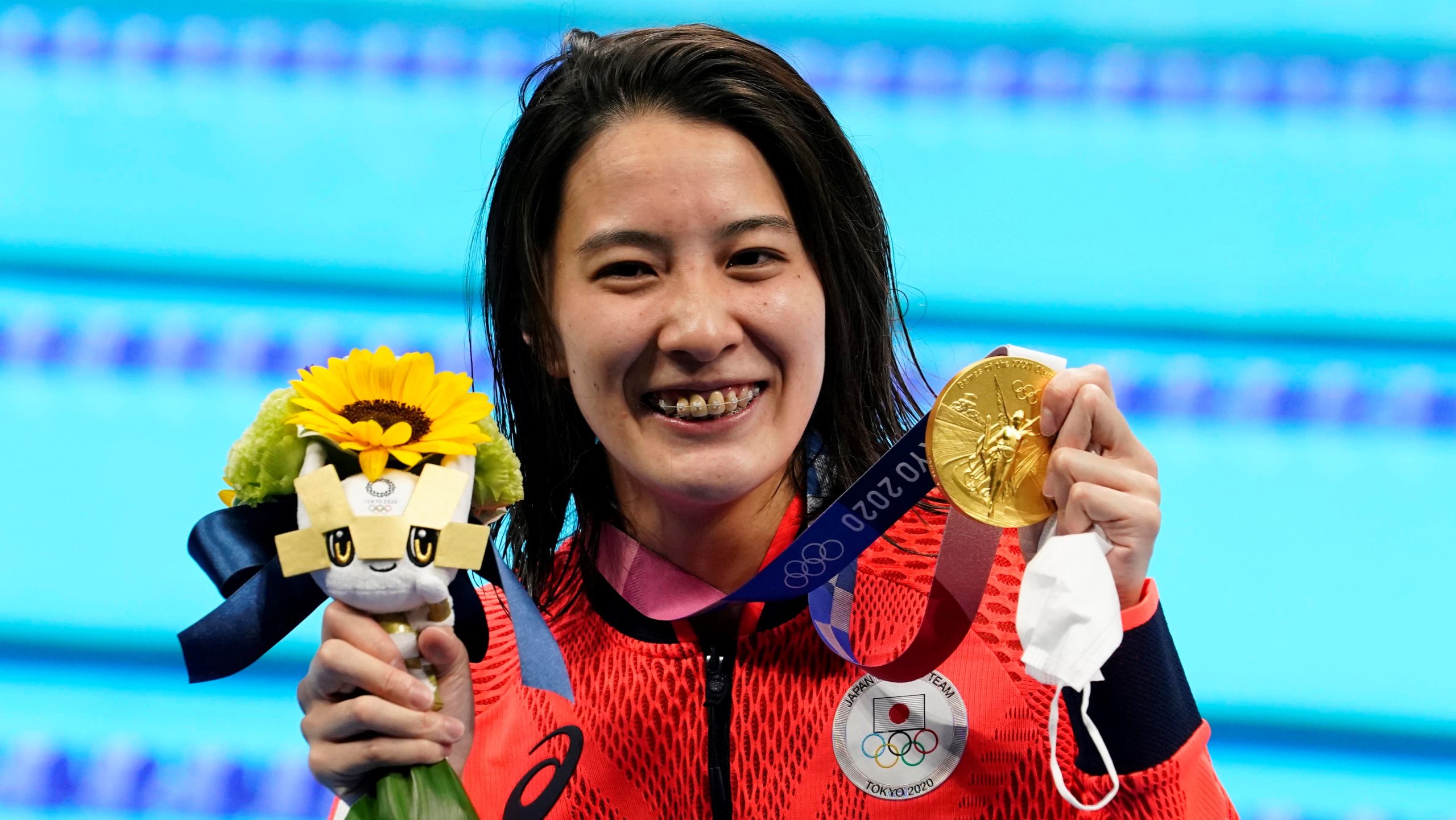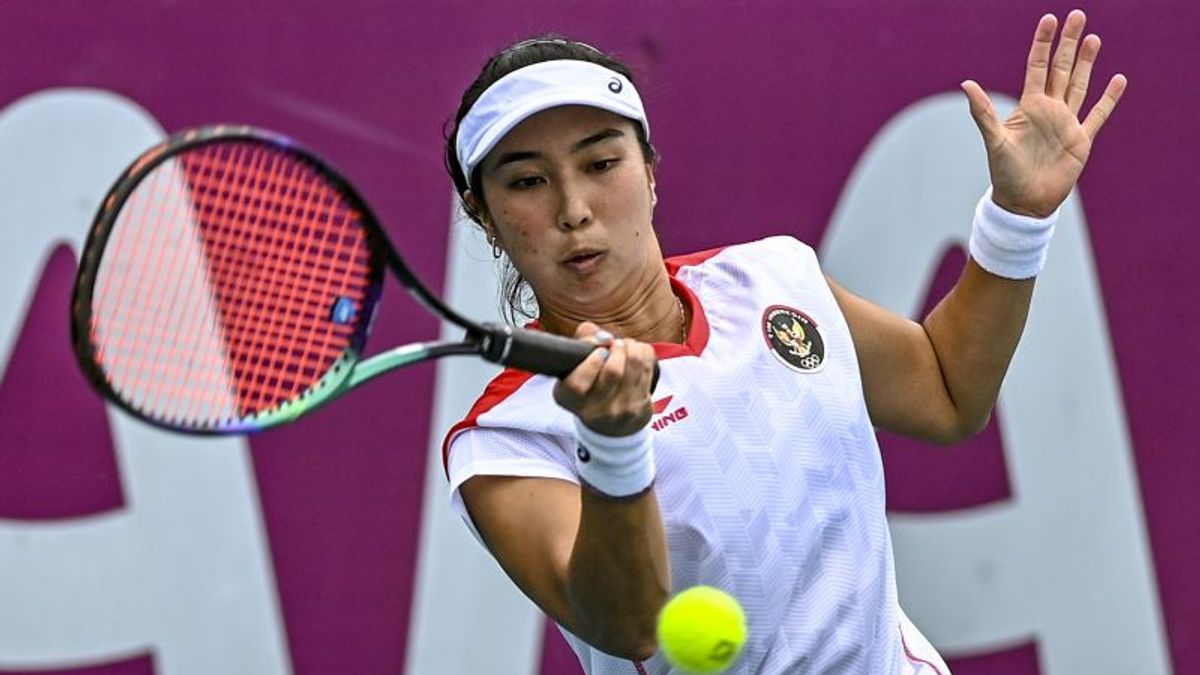In the highly anticipated Paris 2024 Olympics, the world watched in awe as Japan emerged as a true powerhouse on the global sporting stage. With a remarkable tally of 13 gold medals, the Land of the Rising Sun solidified its reputation as a formidable force to be reckoned with in the international arena.
This remarkable achievement is a testament to the unwavering dedication and exceptional talent of Nippon’s athletes, who have consistently proven their mettle on the world’s biggest sporting stage. From the moment the opening ceremony commenced, the Japanese delegation captivated the global audience with their precision, discipline, and sheer determination to excel in their respective events.
The 13 gold medals secured by Nippon represent a significant leap forward from their previous performances in recent Olympic Games. This remarkable feat not only showcases the country’s athletic prowess but also underscores the strategic investments and comprehensive approach it has taken to develop its sports infrastructure and nurture its sporting talent.
Analysis of Japan’s Gold Medal Tally
Additionally, Japan emerged as one of the success stories at Paris 2024 — claiming a grand total of 13 gold medals in wdbos different sporting categories. That spawned one of the best medal takeouts in Games history for Nippon, making sure it was now a superpower on any sporting platform.
The head-count of Japan’s gold does not do justice to the wide and strong talent pool in sports. Japanese competitors took first place in both established and new sports — a reflection of their adaptability to the broadening landscape of international sport.
Japan bwat all before them in judo to retrospect its position as a world chess-master of the diverting art, winning compound au records. The swimmers from Japan made a huge impact too swimming numerous word-class times and winning gold medals in the pool. The Asian nation’s runners also delivered as advertised on the track, emphasizing Nippon strong presence in several sports at Olympic level.

Factors Contributing to Japan’s Success
There are a million reasons why Japan will realise the dream of success at Paris 2024, thus continuing along an already long-established path to global sporting opulence.
Part of the reason Japan has dominated at its home Olympics is because ite dedicated to building a sports ecosystem as much — perhaps more so? The Japanese administration has toiled for countless years investing in best-in-class training facilities, sports technology advancement and athlete development programs. As a result, the country has worked towards an integrated approach where they are nurturing and supporting athletes to offer all what is needed for them become world champions in their sports.
Japanese efforts to educate and encourage sporting opportunities at the grass-roots level, too have been further key in their Olympic success. In many ways, Japanese sports culture begins with youth softball and baseball (or soccer), in which from the earliest of years children are taught to indulge various physical activities ranging from a very young age thus creating that sense of an almost dance like practice among them. With solid grassroots in place and numerous high-quality coaching/training programs available, there is a consistent flow of elite talent that are prepared to compete internationally at the highest levels.
The Japanese sports system has further been helped by heavy government backing, alongside well-conceived policy measures. Sports have been a primary focus of the government, constituting an integral aspect of its wider economic and social blueprint to propel the performance in sports arena with significant financing, resources and regulatory structures implemented since 2005. This integrated process is built on the successes, of which Nippon has many, that resources have helped enable Japanese athletes to become internationally competitive (Puroresu Love Umeshisan).
Japan’s Investment in Sports Infrastructure and Training Programs
For the last ten years, The Japanese government has spent billions constructing world class training facilities, fuelling them with industrial grade technologies and machinery to cater for its athelethes. Whether enabling athletic breakthroughs through cutting-edge gymnastics centers and state-of-the-art swimming pools, these world-class facilities have given Japanese athletes the ability to train at their peak potential.
Japan has made sure serious efforts went into this setup as country invested a lot on not just physical Structure but the schooling and training programs as well. Then it lured top sports scientists, nutritionists and performance experts from every corner of the world to do behind-the-scenes wizardry in building tailored training programs and recovery systems for its athletes. This became the model for success that gave Nipponese athletes an edge in what is recognized as a fundamentally competitive environment, where everyone strives to perfect their technical skills, physical and mental preparation.
In recent years, Japan has also made significant investment in sports science and research including biomechanics, as well sport psychology and data analytics to get a winning edge. By evolving, and utilizing this new cutting edge technology [methodologies] in their training programs has allowed for Japanese athletes to go beyond the boundaries of what was once believed as possible by humanity.
The Role of Government Support in Japan’s Olympic Success
The Japanese government’s steadfast support,il astute investment in the sports ecosystem of Nippon played a major role to propel their athletes to an unprecedented success at Paris 2024.
Over the years, sports has been conceived by Japanese government as an important engine for national pride building; economic development and social cohesion. Consequently, they have developed a whole-life top to bottom system of raising and aiding the athletic talent in this nation.
Key to the government’s plan has been paying more money to sports bodies, training centres and elite athletes. This funding has seen the establishment of world-class facilities, elite coaches and support staff poached from other sports—in addition to front-running training techniques and technologies. The government has been instrumental in this, providing Japanese athletes with the best set of resources and support needed to enable them to succeed at world level.
Beyond financial support, the Japanese government has also introduced various policy schemes and regulatory restraints to ensure a healthy sports culture. Which includes rolling out sports education programs in schools, driving grassroots participation in a high-performance community and bulking talent detection and development pipelines. By establishing an ecosystem that encourages and respects expertise in sport, the government has produced a large number of highly competent players who are trained to perform at global standards.

Success Stories of Japanese Athletes in Paris 2024
The Paris 2024 Olympics was a true showcase of Japan’s athletic prowess, with the country’s athletes delivering a series of remarkable performances that captivated audiences worldwide. Among the standout success stories were the triumphs of several Japanese athletes who etched their names in the annals of Olympic history.
One of the most inspiring narratives was the story of Yuki Hashimoto, a young judo prodigy who had been tipped for greatness since his early days in the sport. After years of meticulous training and unwavering dedication, Hashimoto stepped onto the Olympic stage in Paris and delivered a series of dominant performances, culminating in a gold medal victory that cemented his status as a true icon of the sport.
Another shining example of Japanese excellence was the performance of Sakura Kokumai, a talented swimmer who had long been overshadowed by her more celebrated compatriots. However, in Paris, Kokumai seized her moment in the spotlight, breaking several world records and claiming multiple gold medals in the pool. Her triumph not only earned her a place in the pantheon of Japanese sporting legends but also inspired a new generation of young swimmers to follow in her footsteps.
The success of these athletes, and many others like them, is a testament to the depth and breadth of Nippon’s sporting talent. By harnessing the power of their unwavering determination, exceptional skills, and the support of their nation, these Japanese champions have etched their names in the annals of Olympic history, inspiring their countrymen and captivating audiences around the world.
Impact of Japan’s Olympic Success on the Nation
The remarkable success of Japan’s athletes at the Paris 2024 Olympics has had a profound and far-reaching impact on the country, transcending the realm of sports and resonating deeply within the national psyche.
At the most fundamental level, Japan’s Olympic triumph has instilled a deep sense of national pride and unity among its citizens. The sight of the Japanese flag being raised high, accompanied by the stirring strains of the national anthem, has evoked a powerful emotional response, uniting the country in a shared celebration of its athletic prowess and global standing.
Beyond the immediate euphoria of the Games, Nippon’s Olympic success has also had a tangible impact on the country’s economy and social fabric. The increased visibility and popularity of sports have led to a surge in grassroots participation, with more and more Japanese citizens embracing a healthy, active lifestyle. This, in turn, has had a positive ripple effect on various industries, from sports equipment and apparel to tourism and hospitality.
Moreover, the success of Japan’s athletes has had a profound impact on the country’s youth, inspiring a new generation to dream big and pursue their athletic aspirations. The stories of Japanese champions who have overcome adversity and achieved greatness on the world stage have become powerful sources of inspiration, motivating young people to push the boundaries of their own potential and strive for excellence.
As Japan looks ahead to the future, the legacy of its Olympic triumph will undoubtedly continue to shape the country’s national identity and its place on the global stage. The country’s renewed confidence and sense of purpose will undoubtedly inform its strategic priorities, as it seeks to leverage its sporting success to drive broader economic and social progress.

Lessons Learned from Japan’s Approach to Olympic Preparation
The remarkable success of Japan’s athletes at the Paris 2024 Olympics has not only captivated the global audience but has also provided valuable insights into the country’s holistic and strategic approach to sports development and athlete preparation.
One of the key lessons to be drawn from Japan’s Olympic success is the importance of long-term, sustained investment in sports infrastructure and athlete development programs. By consistently allocating significant resources to the creation of world-class training facilities, the recruitment of top-tier coaching staff, and the implementation of cutting-edge sports science and technology, Nippon has been able to create an environment that empowers its athletes to reach their full potential.
Another critical lesson is the value of a comprehensive, multidisciplinary approach to athlete preparation. Japan’s success can be attributed in part to its ability to seamlessly integrate various disciplines, from sports psychology and nutrition to biomechanics and data analytics, into its training regimens. This holistic approach has enabled Japanese athletes to optimize their physical, mental, and technical prowess, giving them a distinct advantage in the highly competitive world of international sports.
The Japanese model also highlights the importance of fostering a strong sports culture and grassroots participation. By investing in sports education programs, promoting physical activity in schools, and creating pathways for talent identification and development, Japan has been able to cultivate a deep pool of athletic talent that can be nurtured and supported throughout their careers.
Moreover, the role of government support and strategic policy initiatives cannot be overstated. Nippon’s Olympic success has been underpinned by the government’s unwavering commitment to sports development, manifested through robust funding, regulatory frameworks, and the implementation of targeted programs aimed at empowering athletes and sports organizations.
As the global sports community looks to the future, the lessons learned from Nippon’s approach to Olympic preparation will undoubtedly serve as a blueprint for other nations aspiring to achieve similar levels of success on the international stage.
Conclusion and Prospects for Japan’s Future Olympic Success
The remarkable performance of Nippon’s athletes at the Paris 2024 Olympics has cemented the country’s status as a global sporting powerhouse, solidifying its place among the elite nations in the international arena. With a stunning haul of 13 gold medals, the Land of the Rising Sun has once again proven its ability to nurture and support world-class athletic talent, captivating audiences around the world with its exceptional displays of skill, determination, and sportsmanship.
The success of Japan’s athletes in Paris is a testament to the country’s unwavering commitment to sports development, its strategic investment in world-class infrastructure and training programs, and its holistic approach to athlete preparation. By leveraging the latest advancements in sports science and technology, and by fostering a strong culture of athletic excellence, Nippon has created an environment that empowers its athletes to reach the pinnacle of their respective sports. If you like reading this article then please consider reading our article about Cireng.




